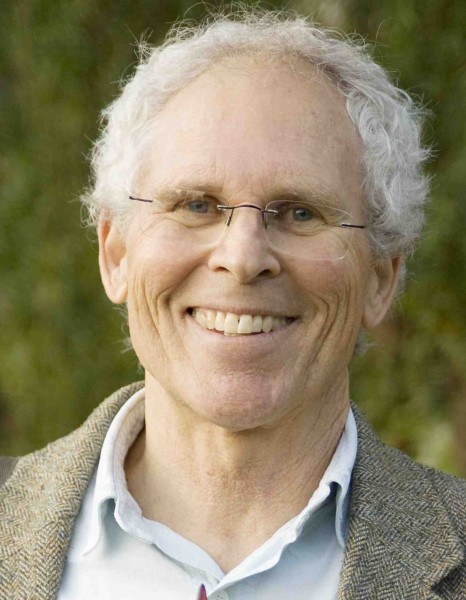Should Laguna Bank on Fossil Fuels?

Two cheers for our City government’s divesting from fossil fuel funds four years ago, at the request of several of us who participated in the writing of Laguna’s Climate Protection Action Plan back in 2006-2008. A third cheer will go out when the City’s Ad Hoc Investment Committee of finance experts agrees to move toward banking only with those corporations that have unplugged from doing business with the fossil fuel enterprises that are polluting and dangerously warming the planet.
. Many of the big banks (JPMorgan Chase, Wells Fargo, Bank of America, Citi, MUFG, and Barclays) finance a host of corporations involved in tar sands oil, Arctic oil and gas, offshore oil and gas, fracked oil and gas, liquified natural gas, coal mining, and coal power.
So, for our City to divest from fossil fuel funds certainly was a good thing, and an environmental step forward. But then to bank with financial institutions that are enabling the spectrum of fossil fuel bad behaviors just listed seems like undercutting the City’s divestment. Can this be called progress toward keeping global warming below 1.5 degrees C, which the Intergovernmental Panel on Climate Change scientists say is the tipping point beyond which the worst environmental consequences cannot be avoided? Simply put, the two policies of municipal divestment on the one hand and banking with the financial enablers of the fossil fuel corporations on the other hand are patently contradictory. Contradictory policies are inefficient, ineffective, and self-defeating.
Rather than contradictory policies, Laguna needs congruent policies, especially on matters pertaining to the climate crisis. Are there cities with such policies, or that have gone on record as moving in that direction? Yes. Encinitas is one. Berkeley is another. Santa Monica is a third. And there are more! Laguna could take a step in this direction by adding a social and environmental responsibility component to its banking/investment policies. As the climate crisis has worsened, this banking approach has gained more traction among municipalities.
Banks working with fossil fuel corporations often contend that their business plan is to reach net zero by 2050. That is, they will buy carbon offsets, such as financing the growing of trees and reforestation, for example, to lower the agency’s carbon footprint to the level of emissions they are simultaneously financing. This is a virtual charade. Reforestation takes more years than humanity has time to wait yet the carbon emissions continue unabated because the tap at the well, the gas pump, the port, and the factory is never turned off. Picture an overflowing bathtub with the faucet remaining on full-bore and the homeowner constantly and futilely mopping up. Refusing to bank with institutions doing business with oil, coal, and gas companies is a real step toward turning off the emissions tap.
Banking with corporations that have cut ties with the fossil fuel industry is congruent with our City’s divesting from fossil fuel funds. If enough cities take this congruent, two-track approach to managing their finances, real headway can be made in dramatically reducing carbon emissions by 2030, which the world’s scientific establishment says is imperative.
Anything less is blah, blah, blah.
Tom is an environmental historian and author of four books. He and his wife, Ginger, lead the Laguna chapter of Citizens’ Climate Lobby. Email: [email protected]




